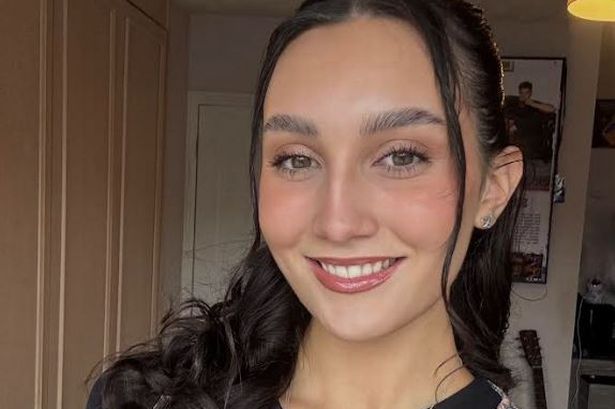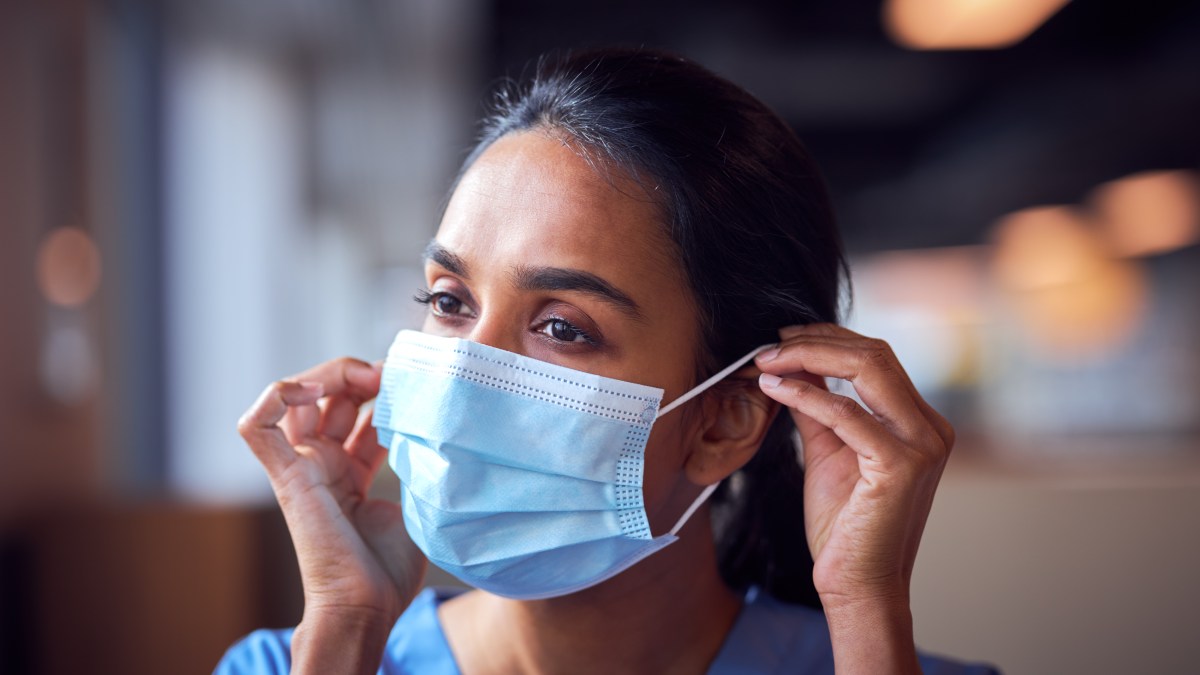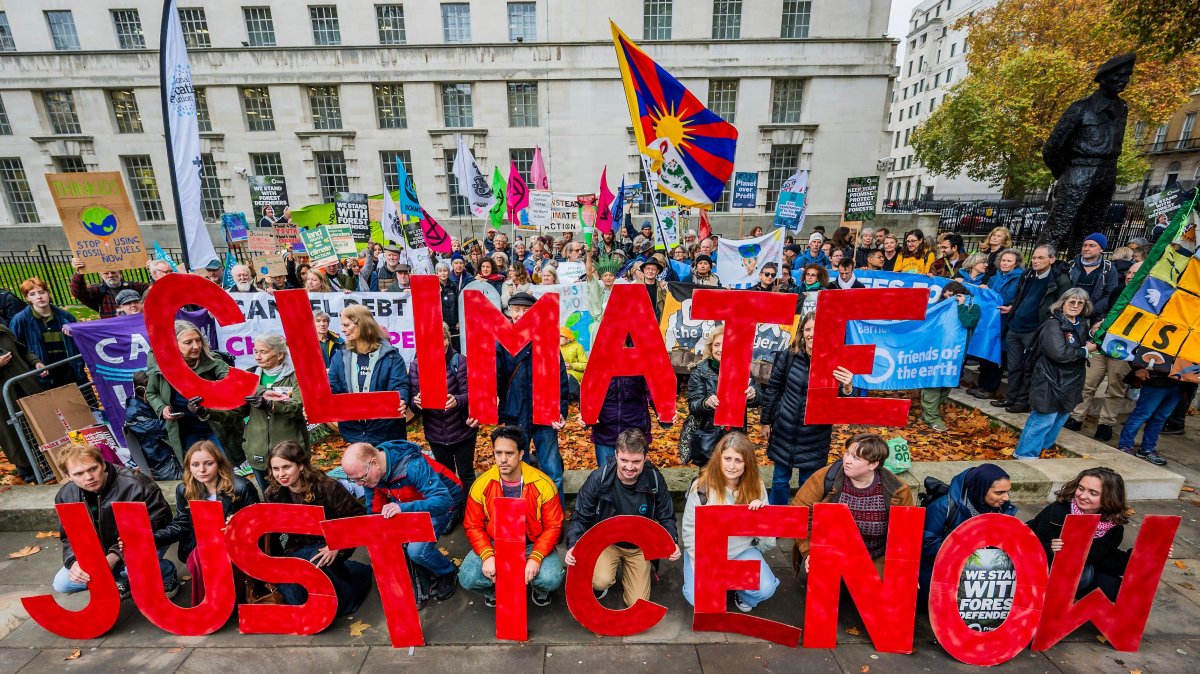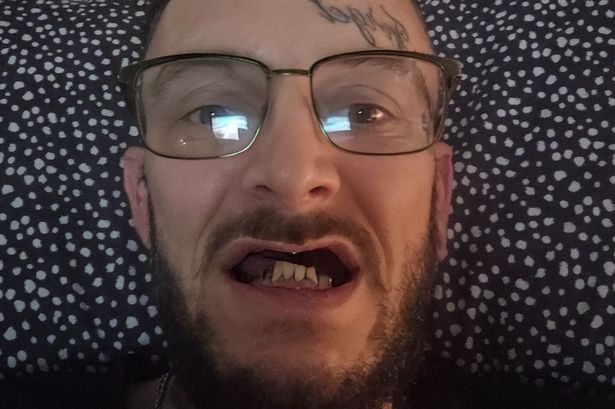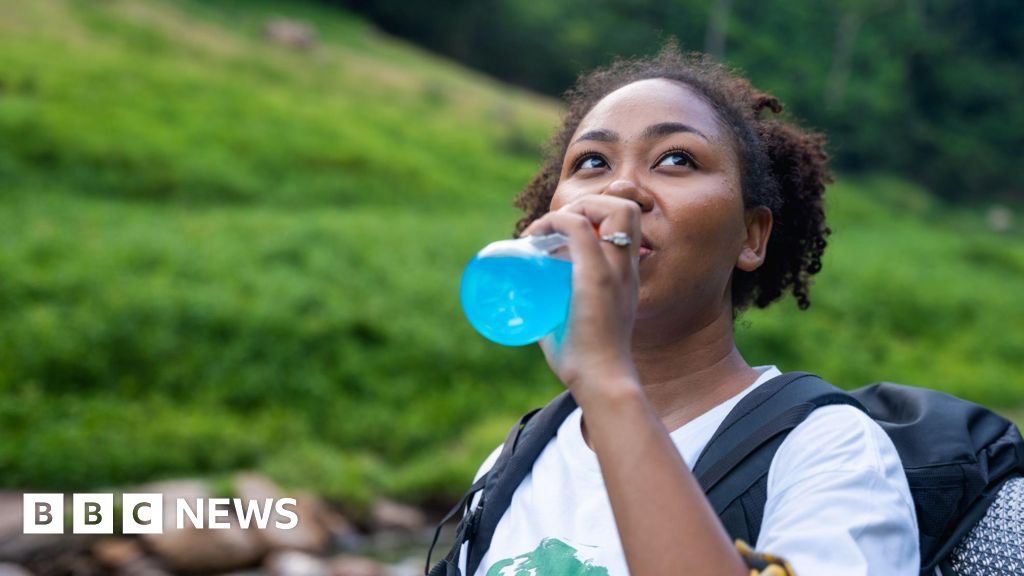A young woman from Merthyr Tydfil, Katie Baber, was misdiagnosed with glandular fever at the age of 17 before discovering she had Hodgkin lymphoma. Now 22, Katie is cancer-free and pursuing her dream of becoming a primary school teacher, a goal she held onto during her challenging treatment journey.
Katie first noticed something was wrong in February 2020 when she experienced swollen glands. Her general practitioner diagnosed her with glandular fever after an initial examination and prescribed painkillers. As her condition deteriorated, she returned to the accident and emergency department in August with a significantly swollen neck. After further tests, including a biopsy, doctors confirmed she had stage 2A lymphoma, a form of cancer that originates in the lymphatic system.
Due to COVID-19 restrictions, Katie received the life-altering diagnosis over the phone. “It was a huge shock,” she reflected. “Apart from a swollen neck, I didn’t have any of the typical symptoms like night sweats or itchy skin. I was keen to start treatment and tried to just get on with it.”
Katie began chemotherapy on October 20, 2020, facing the emotional toll of undergoing treatment alone. “Being on my own during treatment was incredibly tough,” she shared. “My mother and uncle waited outside while I underwent procedures, unable to be with me. The Teenage Cancer Trust unit made all the difference — the nurses were amazing, and I formed close bonds with them. I am deeply grateful for the incredible care I received.”
Throughout her treatment, Katie encountered complications, including a bout of sepsis in November. Thankfully, she recovered and completed her chemotherapy just a week before her 18th birthday in January 2021. Celebrations were limited due to infection risks, but she later enjoyed gatherings with friends and family once restrictions eased.
Now, Katie is actively supporting Stand Up To Cancer in Wales, emphasizing the importance of cancer research. “I’m so grateful for the treatment I received. Without research, I wouldn’t be here today — that’s why I’m supporting the Stand Up To Cancer campaign,” she stated.
Katie began her studies at Cardiff Metropolitan University in September, training to become a primary school teacher. She enjoys travelling with her boyfriend, Sam, and is passionate about raising awareness about cancer, particularly in young people. “Before my diagnosis, I had no idea what lymphoma was. Young people get cancer too — it’s not just an older person’s disease. If something doesn’t feel right, please get it checked.”
Understanding the Importance of Cancer Research
Statistics highlight the urgency of cancer research. In Wales, around 20,200 people are diagnosed with cancer annually, with projections indicating that by 2040, one person in the UK will be diagnosed every two minutes, a significant increase from every four minutes in the 1970s.
Katie noted, “Behind every alarming statistic is someone like me. That’s why I’m taking a stand. Being diagnosed with cancer was a huge shock, but I owe everything to developments in research and better treatments. They’ve given me the greatest gift of all — a future full of special moments with my loved ones.”
With gratitude for her treatment, Katie is calling on people across Wales to participate in the Sweat Every Day in November Challenge for Stand Up To Cancer. Participants can engage in any form of exercise for 30 minutes daily throughout the month, with options for fundraising and donations available online.
“Success stories like mine show that there is hope. Every action, big or small, could make a difference in beating this devastating disease. That’s why now is the time for everyone across Wales to Stand Up To Cancer,” she urged.
Since its launch in the UK in 2012, Stand Up To Cancer has raised over £113 million, funding 73 clinical trials and research projects involving more than 13,000 cancer patients. Ruth Amies, a spokesperson for Cancer Research UK in Wales, stated, “Thanks to our supporters, our scientists are trailblazing new and better ways to help more people like Katie survive. From using AI to optimise radiotherapy treatment to creating innovative detection methods, we’re at the cutting edge of research. But we must go further and faster.”
With nearly one in two people expected to be diagnosed with cancer in their lifetime, the collective effort is essential. “If thousands of us stand together, we’ll speed up the progress of vital research, meaning more people can live longer, better lives, free from the fear of cancer,” Amies concluded.

